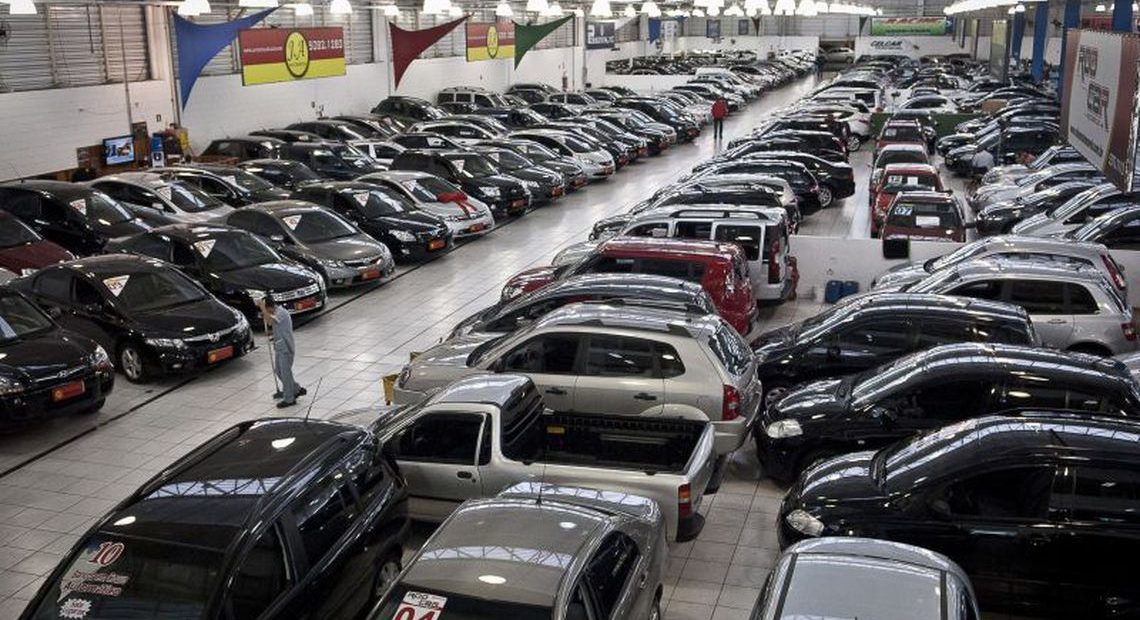RIO DE JANEIRO, BRAZIL – Sales of new vehicles in Brazil plunged 22.47% in March this year compared to the same month in 2021. This was reported Tuesday by the National Association of Motor Vehicle Dealers (Fenabrave), which attributed the decline to industrial difficulties and the impact of the war in Ukraine.
The number of cars, light trucks, buses and trucks sold in Brazil fell from 189,372 units in March 2021 to 146,816 units in the same month this year, according to Fenabrave’s statistics, which measure sales based on new registrations.
Despite this decline, sales increased by 10.95% compared to February (132,323 units), when they also fell sharply mainly due to the shortage of components, especially chips, which had affected production in factories.

The lack of raw materials due to the global shortage has forced most Brazilian carmakers to cut production, prompting Mercedes Benz to announce Monday that it will grant a 15-day collective leave to its 5,600 workers in Brazil.
Fenabrave President José Mauricio Andreta Jr. said that in addition to the industry’s difficulty in meeting demand, other problems such as the war in Ukraine and the sharp rise in fuel prices have contributed to the drop in sales.
“The Omicron (Covid) variant affected production of various industrial components and vehicle sales at the beginning of the year. But then came the conflict between Russia and Ukraine, which unsettled many consumers, mainly because of fuel prices,” he said.
According to Fenabrave, not only the 34.8% increase in oil prices on the international market so far this year, but also the 16% appreciation of the real against the dollar has put even more pressure on dealers’ costs.
“These increases are affecting the purchasing decisions of vehicle customers and are reflected in the performance of our sector,” Andreta explained.
According to Fenabrave, all these factors have led to a 23.15% decline in vehicle sales in Brazil so far this year, from 527,827 units sold in the first quarter of 2021 to 405,616 in the first three months of this year.
Despite the sharp drop in sales, the employers’ association maintained its forecasts for this year, in which it expects a 4.6% increase in vehicles sold to 2.22 million units.
Fenabrave forecasts a 2.9% increase in the number of cars sold, to 1.6 million, and estimates that sales of light commercial vehicles will rise by 9.7%, buses by 8.0% and trucks by 7.3%.
The optimism follows the government’s recent announcement of a tax cut on manufactured goods and a program to encourage renewal of the truck fleet.
“The reduction in the IPO was necessary and very much welcomed by the industry. And the Renovar program (fleet renewal program) will ensure greater safety on the roads, as it aims to phase out vehicles that are nearing the end of their useful life, i.e., those that are over 30 years old and today represent 26% of the Brazilian truck fleet,” Andreta said.

